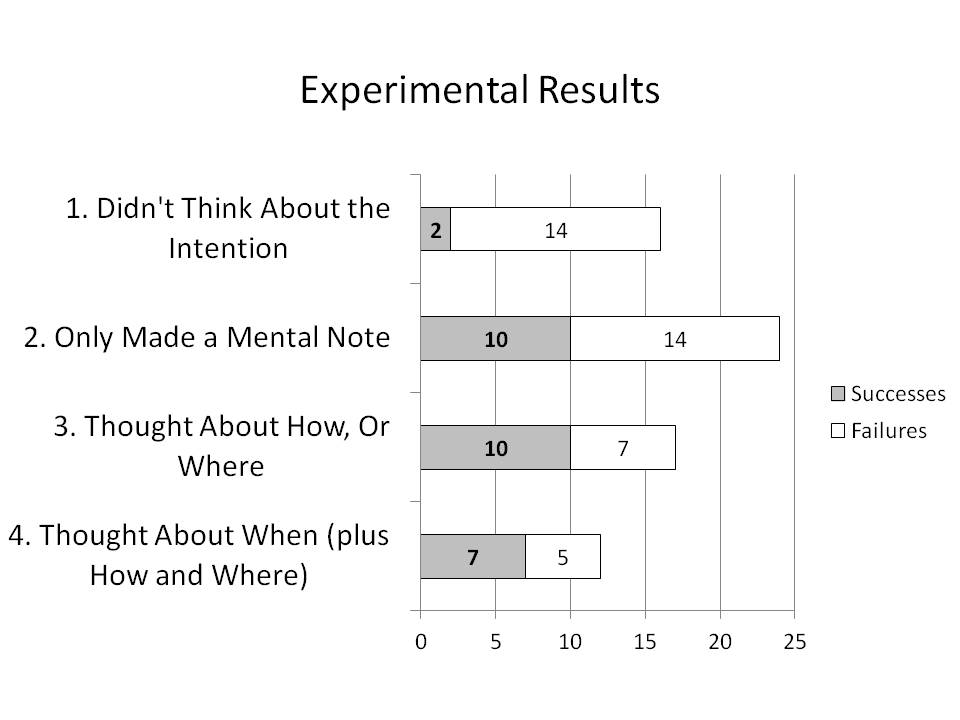Unfortunately, there’s has been little academic research conducted to examine time blocking0 – the act of managing your tasks in your calendar, rather than using your memory or a To-Do List. The biggest reason I can come up with is that any serious answer requires the kind of multi-disciplinary approach that academia struggles to pull off successfully. As I explain my paper “Can Time Be Managed?” even the basic questions around the definition of “time management” are ignored by researchers who appear to shy away from the hard work of developing expertise in multiple fields.
However, there is considerable research in fields such as management, psychology and others that can be pulled together to paint a coherent picture of the following questions: “What does it mean to schedule tasks? Every task? Is it inherently better than not doing so? What difference do tools make? Are they a substitute for sound habits? What is the best path for someone to follow who wants to become more effective in this area?”
On this page, I won’t attempt to answer each of these questions but instead will give an introduction to some of the foundation research we use here at ScheduleU in our writing, A Course in Scheduling and exploration into these topics.
Why What Gets Scheduled Gets Done
You may have seen this phrase repeated by bloggers and YouTubers. Just do a simple Google search for “schedule” everything” or “time blocking” and you will finds tens (if not hundreds) of people repeating this mantra. However, the content is usually not intended to reach the standard of academic research.
Most of the work which “proves” scheduling works can be traced to the work of NYU’s Dr.Peter Gollwitzer. Do conscious thoughts cause behavior? Baumeister, Masicampo, Vohs
He popularized the notion of implementation intentions, which are time demands stated in the form of If-Then statements.
For example, “If the clock shows me its 5 PM I will leave for home” or “If the cock crows I will get out of bed and start getting ready for work.”
According to Baumeister et al, “Dozens of careful studies have confirmed that these cause changes in behavior over and beyond merely intending, desiring, goal setting and valuing.” They note that a recent compilation of prior studies showed that implementation intentions improve the rate of task completion by a “medium to large effect size.”
It’s backed up by research performed by Key Dismukes, a retired NASA researcher. In my book I share the following graphic.

It shows that when a task is converted into an implementation intention, the success rate improves.
Further research by Dr Gail Matthews shows that when a goal is written down and converted into an action commitment, its is significantly more likely to be achieved – http://www.dominican.edu/dominicannews/dominican-research-cited-in-forbes-article.
However, most of these studies have only been conducted under experimental conditions in which the number of tasks is severely limited. That’s far from real life where individuals are trying to manage many more tasks at a single time. Sometimes, they may number over one hundred.
To date, there has been no research to answer the question of implementation intentions under average working circumstances. The question of whether or not all tasks should be converted into implementation intentions has not been conclusively proven. Neither has it been dis-proven. It simply has not been studied.
We are left to look to other sources for guidance. There’s social proof that time blocking works. Plus there are other schools of thought which support this technique.
In summary, we must go about the business of leading our lives effectively, in spite of the lack of research. As you make up your mind about the best next step for you to take, you will probably do what I did: make up your own mind based on a combination of outside evidence, plus your own experience.
Other Resources
Turning Personal Calendars into Scheduling Assistants by Bank, Cain, Shoham, Suen and Ariely
Procrastination, Deadlines and Performance: Self-Control by Precommitment by Ariely and Wertenbroch

